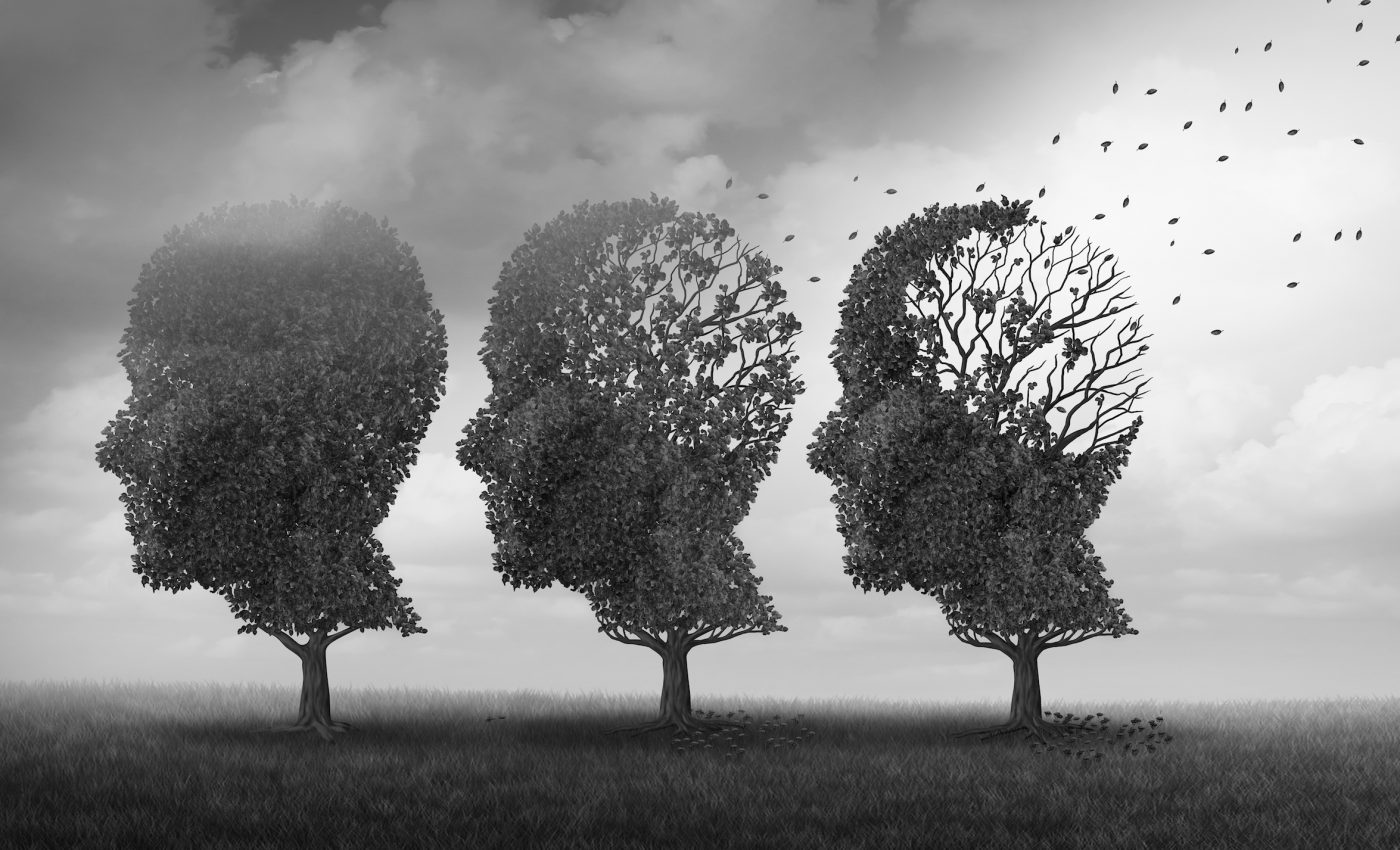
Naturally occurring hormone could prevent or reverse memory loss
A team of researchers at Columbia University has demonstrated that a naturally occurring hormone reverses memory loss in the brain that is associated with aging. The findings may lead to a better understanding of the molecular mechanisms which underlie memory, and how these mechanisms could ultimately be manipulated.
“Nearly everyone will experience age-related memory loss in their lifetimes, so it is incredibly important to understand its causes and identify ways to mitigate it,” said study lead author and Nobel laureate Dr. Eric R. Kandel. “With today’s study, we are not only building a detailed understanding of how age-related memory loss originates in the brain, we’ve shown how osteocalcin interacts with key proteins in the brain to boost memory.”
Over the years, scientists have come to the realization that not all forms of memory loss are the same. Alzheimer’s disease is associated with different changes in the brain compared to age-related memory loss. While both disorders impact the hippocampus, the brain’s center for learning and memory, each type of memory loss targets a different area within that region.
“Alzheimer’s disease begins in a part of the brain called the entorhinal cortex, which lies at the foot of the hippocampus,” explained Dr. Kandel. “Age-related memory loss, by contrast, begins within the hippocampus itself, in a region called the dentate gyrus.”
In 2013, Dr. Kandel and his team discovered that a deficiency in the RbAp48 protein contributes to age-related memory loss but not to Alzheimer’s disease. Research has shown that RbAp48 levels decline with age, both in mice and in people. When the team artificially increased RbAp48 in aging mice, memory decline was counteracted.
In 2017, the researchers teamed up with Dr. Gerard Karsenty and found that infusions of osteocalcin, a hormone naturally released by bone cells, had a positive effect on memory.
The current study connects osteocalcin and RbAp48, suggesting that interactions between these molecules are the driving force behind the memory improvements that were previously observed.
A series of experiments revealed that RbAp48 controls the expression levels of BDNF and GPR158, two proteins regulated from osteocalcin. If RbAp48 function was inhibited, however, osteocalcin infusions had no effect on the memory of the mice. Therefore, RbAp48 is needed for the hormone osteocalcin to improve memory.
This complex sequence of molecular signals is completely unrelated to those associated with Alzheimer’s disease. “This is the clearest evidence yet that age-related memory loss and Alzheimer’s are distinct diseases,” said Dr. Kandel.
The research team has also shown in studies involving mice that moderate exercise, such as walking, triggers the release of osteocalcin – indicating that exercise is a way to prevent and even reverse age-related memory loss.
“This notion points to another line of inquiry that we’re eager to explore, which is how does the aging body act on the aging brain, and how can it be reversed?” said Dr. Kandel. “Our latest findings are almost certainly not the whole story. They are just the beginning.”
The study is published in the journal Cell Reports.
—
By Chrissy Sexton, Earth.com Staff Writer













